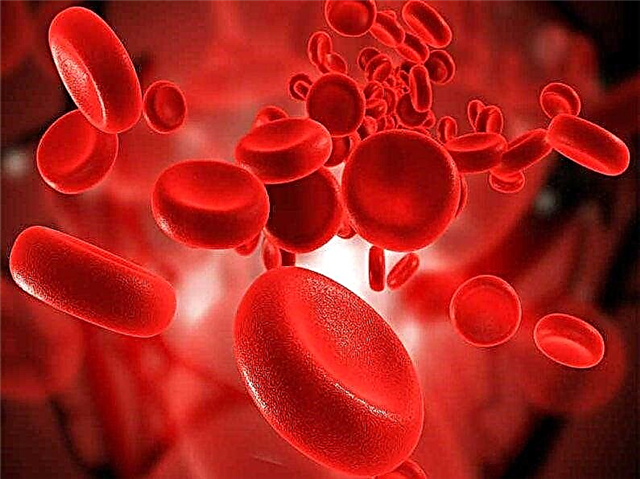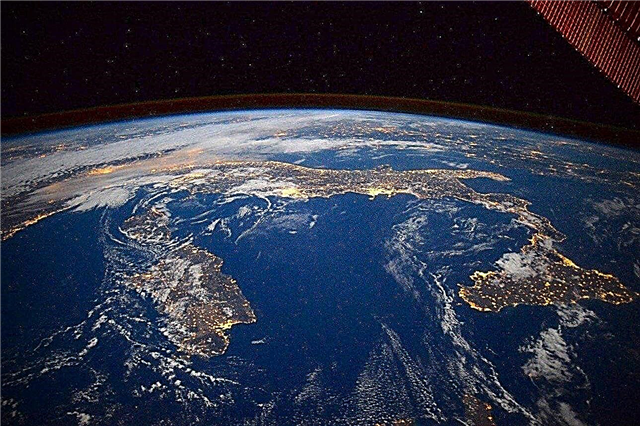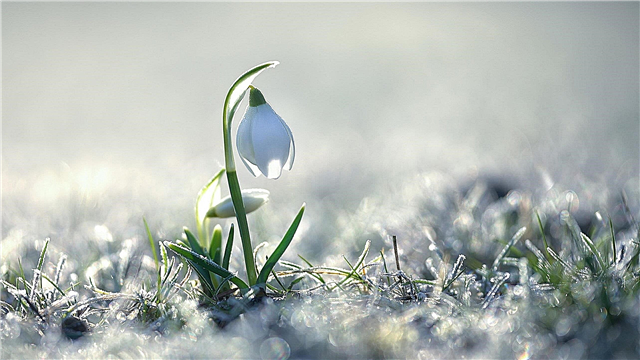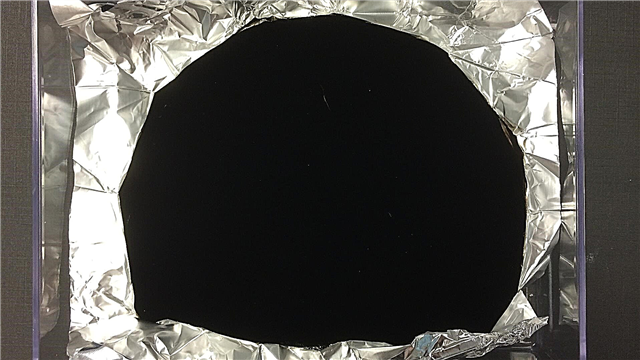
The tradition of celebrating Easter has existed since the birth of Christianity. The name of the holiday comes from the Jewish "Passover", which is translated from Hebrew as "passed by."
This is a reference to the fact that the Lord took the firstborn of the Gentiles, but did not touch the Jews' houses. In Western tradition, this day is commonly called the Holy Sunday of Christ. And although the roots of the holiday go to an event that is undeniable for all Christians, Catholics, Jews and Orthodox celebrate the holiday in different ways. We will understand why this happened.
Why does the Christian Easter not coincide with the Jewish Passover?
Judaism is much older than Christianity (Orthodoxy, Catholicism and others). The Passover tradition dates back to the Great Exodus, when the people of Israel set off from Egypt to the promised land promised by Moses.
On the 14th day of the month of Nisan (according to the new calendar, it falls between mid-March and the end of April), the Prophet sacrificed a lamb to God and then went to Pharaoh to talk. The arguments of Moses were heard and the Jews were allowed to leave Egypt. It was this event (deliverance from slavery) that formed the basis for the celebration of Passover by the Jews. By coincidence, this date falls on the Last Supper, which also took place on Thursday, 14 Nissan.

The holiday lasts 8 days, from the evening of the first day until sunset on the last(since the moon calendar).For each day, certain rules and requirements for behavior are established. But a general ban on the use of yeast bread and fermentation products. This reminds us that the Jews leaving Egypt did not wait until the dough approached, so they used to eat matzo during their wanderings in the desert.
In Orthodoxy and Catholicism, for which the Old Testament is not part of the cultural heritage of the people, Passover was transformed into Pasco - the celebration of the Resurrection of Jesus. But here the dates vary.
Why doesn’t the Orthodox and Catholic Easter coincide?
Despite the spirituality of the issue, the differences are related to purely political aspects. Since Christianity was a continuation of Judaism, initially many traditions coincided. But the priests of the European part of the church at their discretion described some biblical events.
Therefore, by the end of the II century there was a confrontation between the Roman and Asian bishops. The first proposed to celebrate Easter 15 Nissan, citing the fact that the essence of the holiday in praise of God and his son. The second continued to celebrate the 14th of Nissan with the Jews, noting that on this day Jesus embarked on the path of atonement for the sins of all mankind. Therefore, it is necessary to remember not only his Sunday, but also the suffering that he experienced.
The conflict escalated until 325, when the general council decided to celebrate Easter separately from the Jews.. The date was chosen according to the Julian calendar and took into account the lunar-solar cycle. In consequence with the adoption by the Catholics of the Gregorian calendar, the date has changed.Orthodoxy rejected the innovations of the Vatican, so the general transition in 1582 did not happen.. Since then, Catholics and Orthodox celebrate the holiday on different days, but 3 times in 19 years the dates still coincide.
What is the basis for calculating the date of Easter?
According to the Julian calendar, it was customary to celebrate Easter on Sunday, following the first full moon after the spring equinox. The date was March 21. This rule remains valid among Orthodox Christians to this day. In 2019, the Julian calendar lags behind the Gregorian calendar by 13 days, the gap increases approximately every 100 years. Since 2100, the difference will be 14 days.
This shift explains the fact that Orthodox Easter is usually celebrated later than Catholic. Since the 16th century, the papal denomination has been using the same rules as the one of Constantinople, but the date is determined by the new calendar.
Interesting fact: in 2013 there was a curious case when the Jewish Passover and Holy Sunday almost coincided. By the highest decision of the synod, the date of Easter was postponed to the first Sunday after the second spring full moon. Prior to this, historians have not noted such precedents.
Summing up, it can be noted that Catholicism and Orthodoxy, with all the differences, remain parts of one whole. Jewish traditions go deep into the Old Testament and completely do not coincide with our usual concepts.
It is also worth noting that the above method allows you to independently determine the date of Easter. In 2019, the first full moon falls on April 19, respectively, the first Sunday is April 21 - this is the day of Catholic Easter. The date of the Orthodox holiday is calculated according to Alexandrian Easter through complex mathematical calculations.












